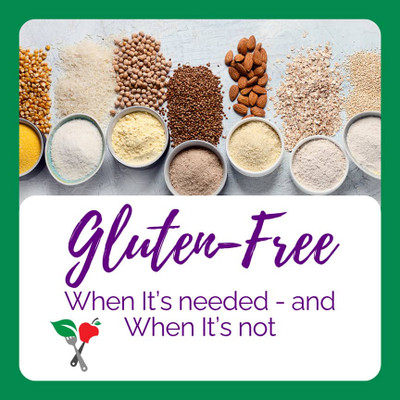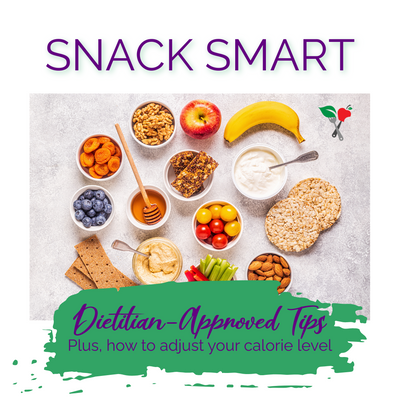Trans Fat Linked To Memory Loss
We’ve come a long way in our understanding of fat in our diets. We’ve move from being afraid of fat to now understanding that there is good fat and bad fat. We know that too much solid fat in the diet, from saturated and trans fat, is linked to higher risk for unhealthy levels of cholesterol and to heart disease. Now a new study found another reason to steer clear of those solid trans fats. Individuals with the highest level of trans fats in their blood had an increased risk of onset of dementia per the report.
Trans fats, also known as partially hydrogenated oils (PHOs), are found in many processed foods such as desserts, frozen pizza, coffee creamer, fried foods, stick margarine, vegetable shortening, packaged baking mixes, and some snack foods. Back in 2015, the FDA declared that trans fats are not “generally recognized as safe” based on extensive research and announced they would be banned from the food supply. They claimed that removing trans fats from the food supply could prevent thousands of heart attacks and deaths each year. Now we have even more reason to avoid trans fats.
You may be wondering… if they are banned why do I need to worry? According to labeling laws, a product with less than ½ gram of trans fat can be labeled as containing zero grams trans fats. This could be a concern if you are eating multiple servings of a particular food, as you may be assuming you are not consuming any trans fats when in actuality you are.
In order to protect your heart and brain health try these easy steps:
1. Check your ingredient list for partially hydrogenated oils. If there is partially hydrogenated oil listed in the ingredient list, there is trans fats in your food even if there is a claim that it is “trans fat free!” Put this product back on the shelf and exchange it for an item that has no partially hydrogenated oil in the ingredient list.
2. Read the label for saturated fat, oftentimes when trans fats are removed from a food item they replace it with saturated fat which is known to increase your LDL (bad) cholesterol and negatively impact heart health. Focus on including more unsaturated fats in your diet such as nuts, seeds, olive oil, avocado, and fatty fish.
3. Focus on an overall healthy diet with whole grains, colorful fruits and vegetables, nut and seeds, and very little processed foods. Research shows that eating similar to the Mediterranean-style diet can improve cognitive function and memory.
At Seattle Sutton’s Healthy Eating, our Registered Dietitians check every product we offer to ensure there are no partially hydrogenated oils and follow the American Heart Association’s Guidelines for saturated fat and total fat in our meals.

Interested in eating healthy? Hungry for more?








 Weight Loss
Weight Loss Health & Wellness
Health & Wellness Diabetes
Diabetes Heart Health
Heart Health Motherhood & Family
Motherhood & Family Dietary Restriction
Dietary Restriction Other Health Conditions
Other Health Conditions About SSHE
About SSHE


